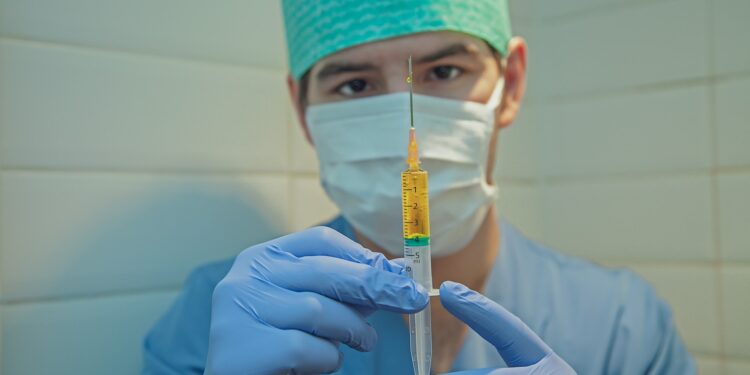Say goodbye to black widow fear.
Researchers have identified a potential human-specific antidote for black widow spider venom, as detailed in a study published on June 12 in the journal Frontiers in Immunology.
The breakthrough involves an antibody that effectively neutralizes black widow venom in laboratory tests using cell cultures. According to senior study author Michael Hust from the Technical University of Braunschweig in Germany, these antibodies could potentially replace the current anti-venom derived from horses, which poses risks of allergic and immune reactions in patients.
The motivation behind this discovery stems from the limitations and risks associated with existing horse-derived anti-venom. By developing recombinant human antibodies, researchers aim to provide a safer and more effective treatment option for individuals suffering from severe reactions to black widow bites.
The study focused on the European black widow species prevalent in the Mediterranean region. Through genetic technology, researchers generated numerous human antibodies capable of neutralizing alpha-latrotoxin, the venom responsible for attacking the nervous system and causing symptoms ranging from severe pain and muscle spasms to respiratory and cardiovascular issues.
Among the antibodies tested, one named MRU44-4-A1 demonstrated remarkable efficacy in neutralizing black widow venom. However, researchers noted that only a few antibodies identified in the study showed effectiveness against multiple varieties of black widow venom, highlighting the need for further development to ensure broad coverage against different species.
While the findings are promising, the antibodies identified require further refinement and testing before potential clinical trials in humans. This step is crucial to ensure their safety and efficacy as a viable therapeutic alternative.
Given the potential spread of black widow spiders into new habitats, the demand for effective treatments may increase in the coming years. Until then, the Cleveland Clinic advises individuals bitten by a black widow to follow immediate first aid measures, including washing the bite area, applying ice to reduce pain and swelling, elevating the wound site if possible, and seeking medical attention promptly by contacting a poison control center or healthcare provider.

































Discussion about this post